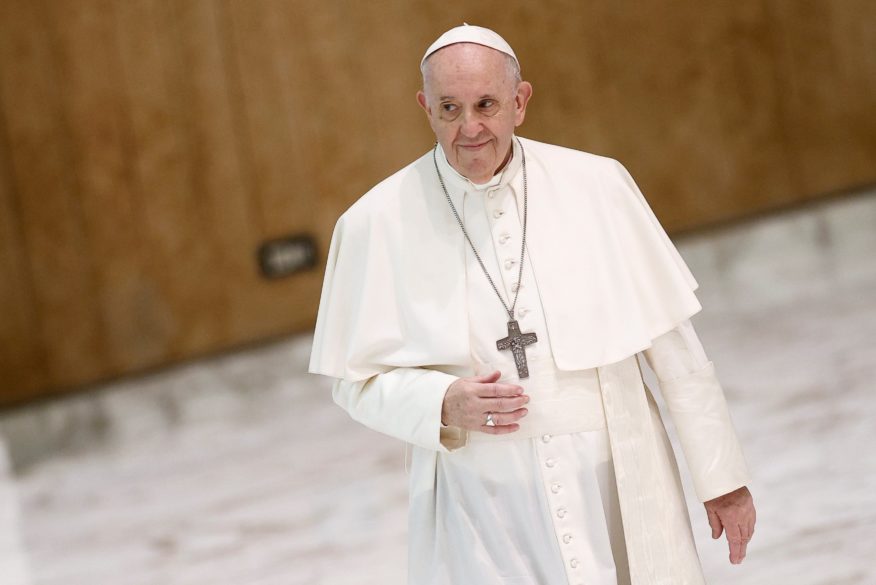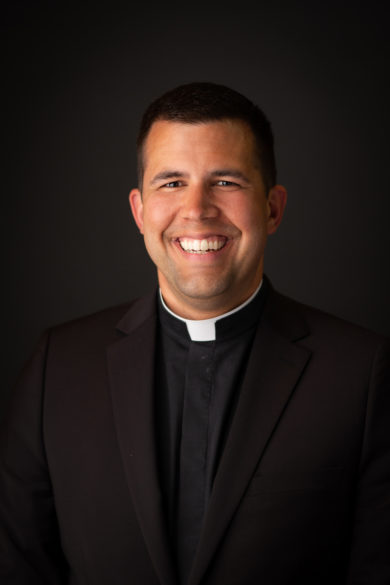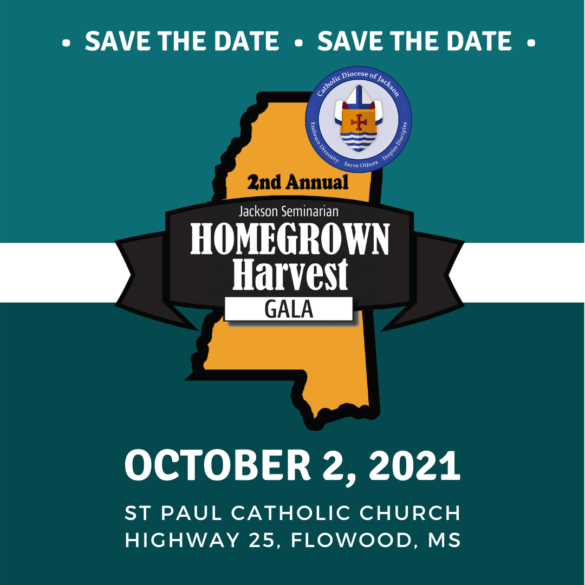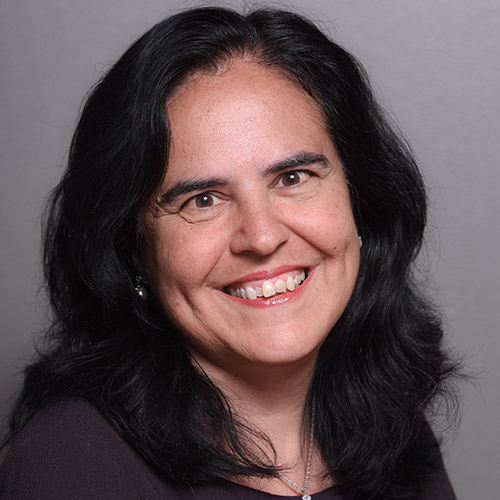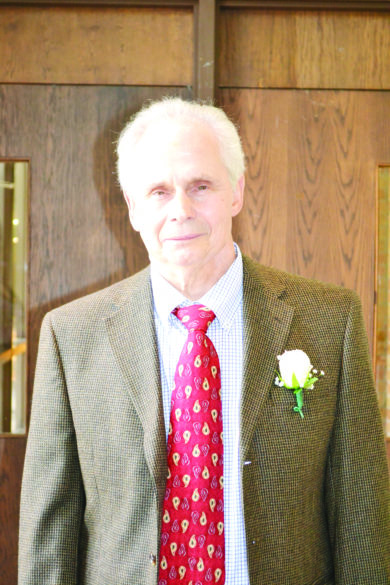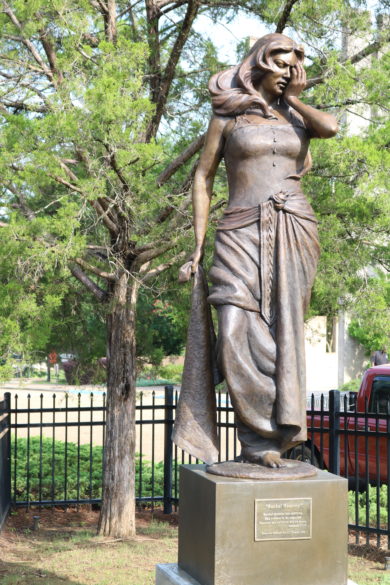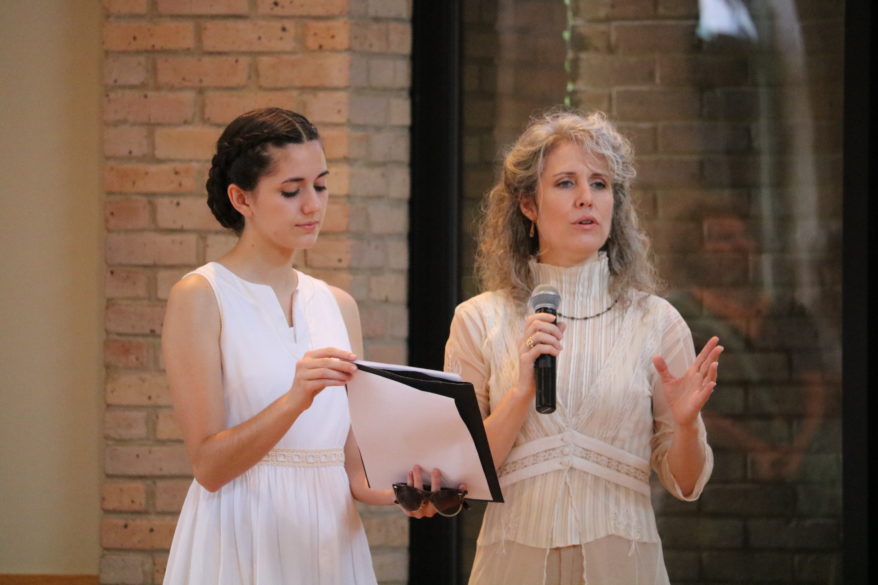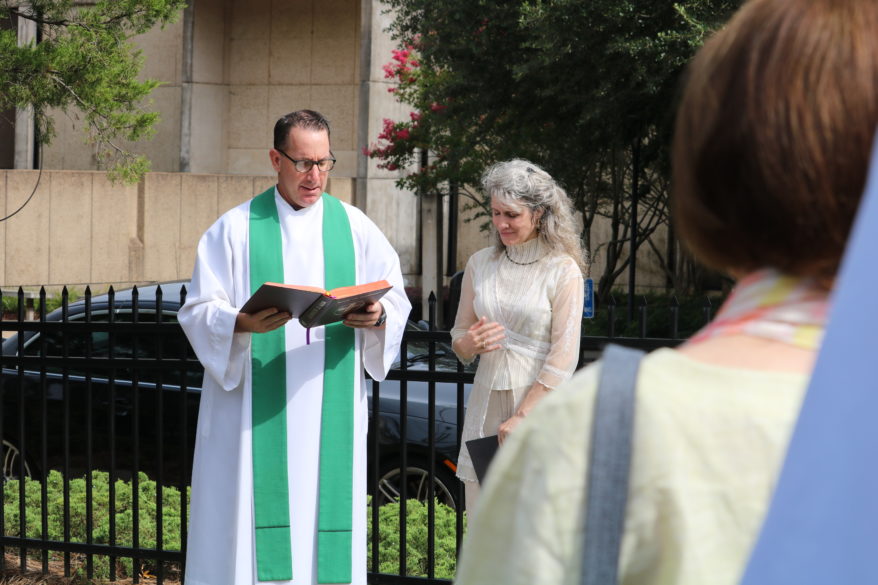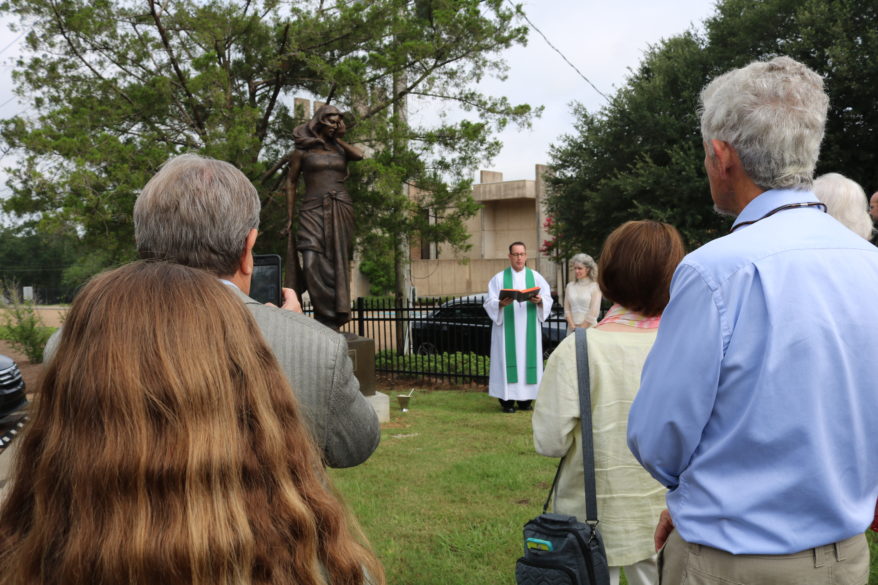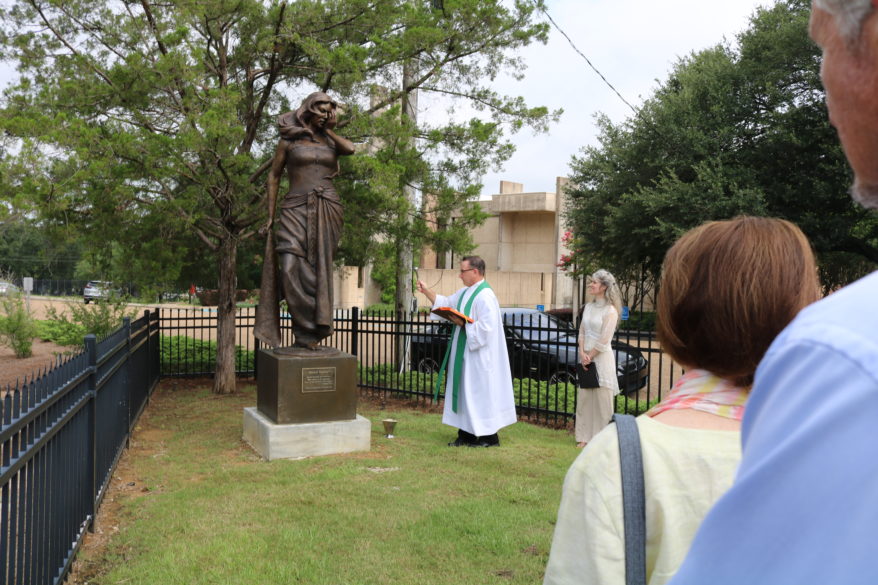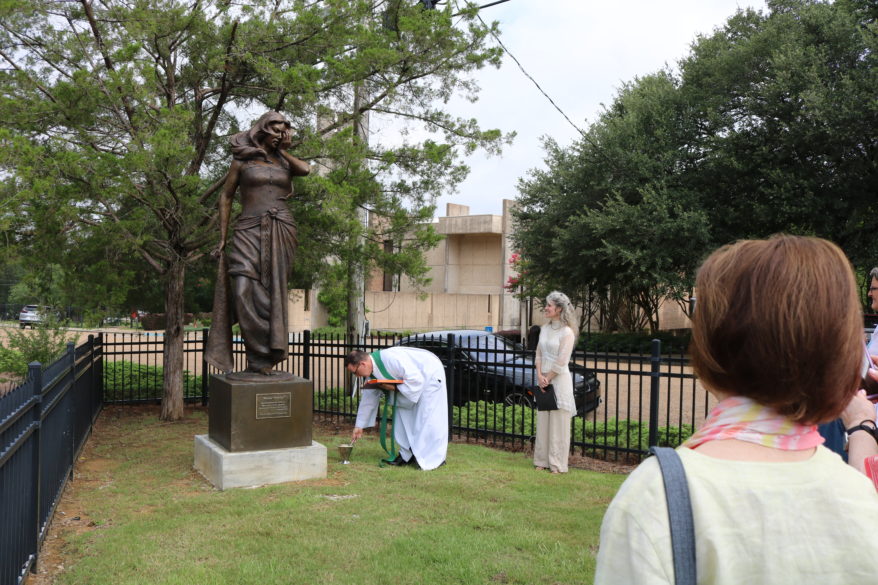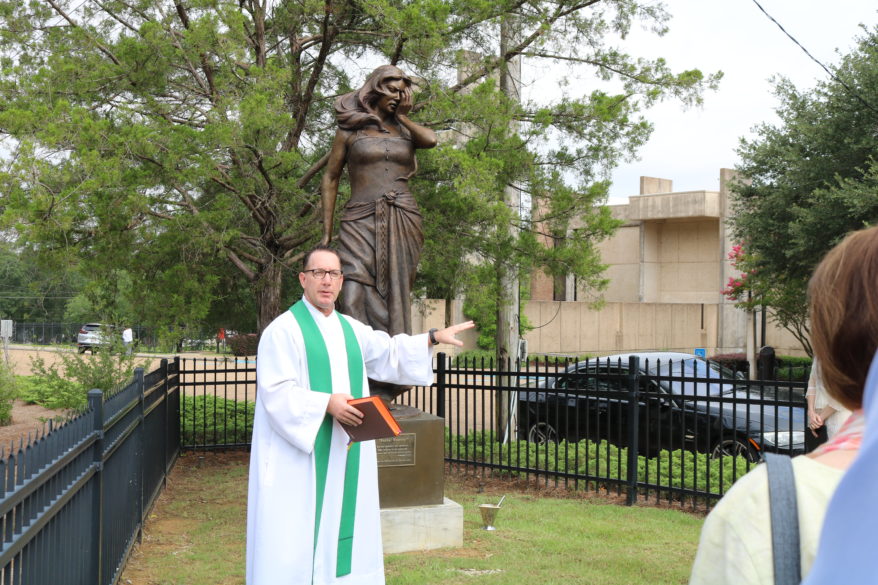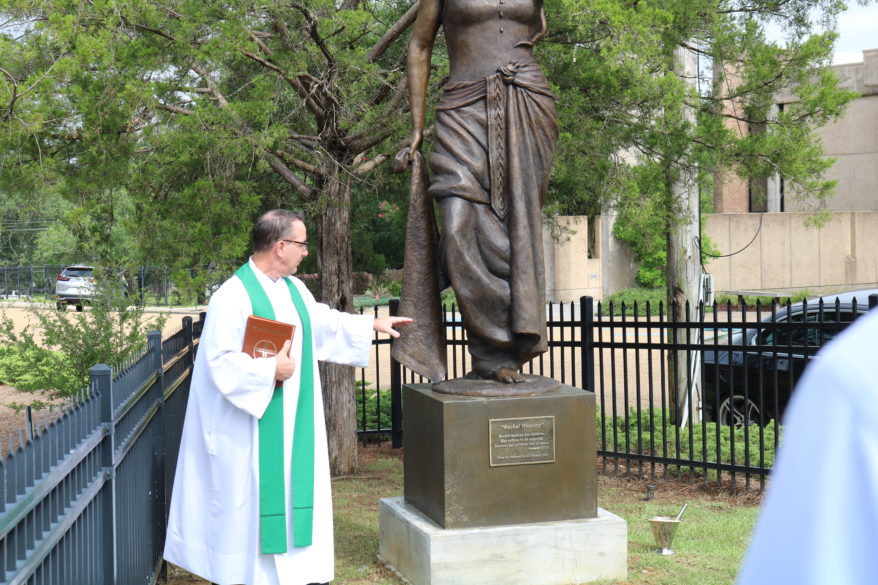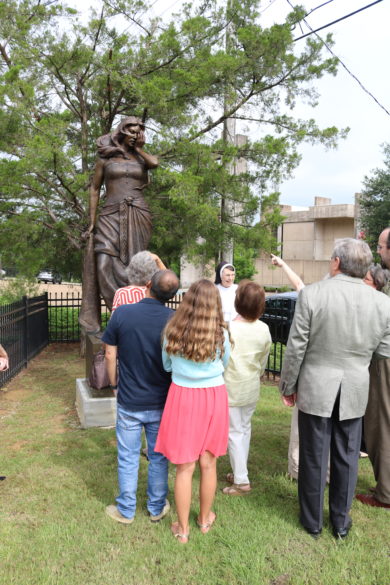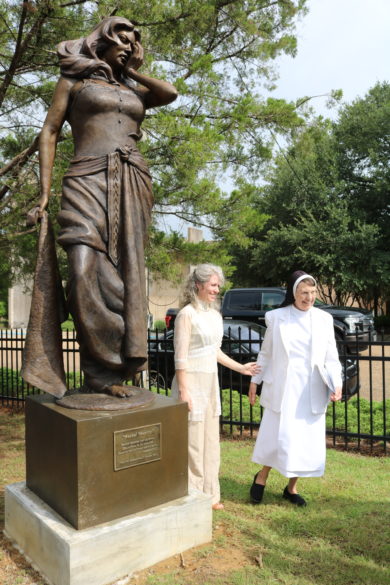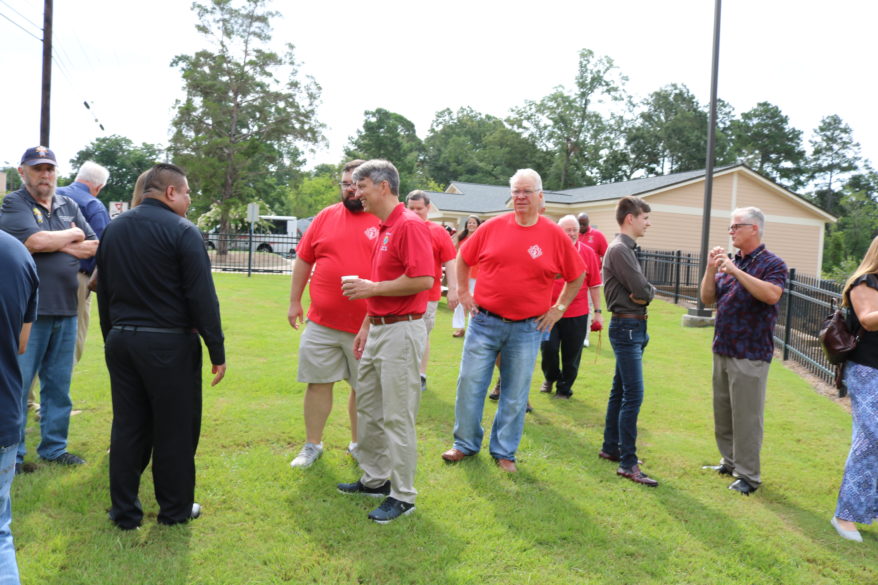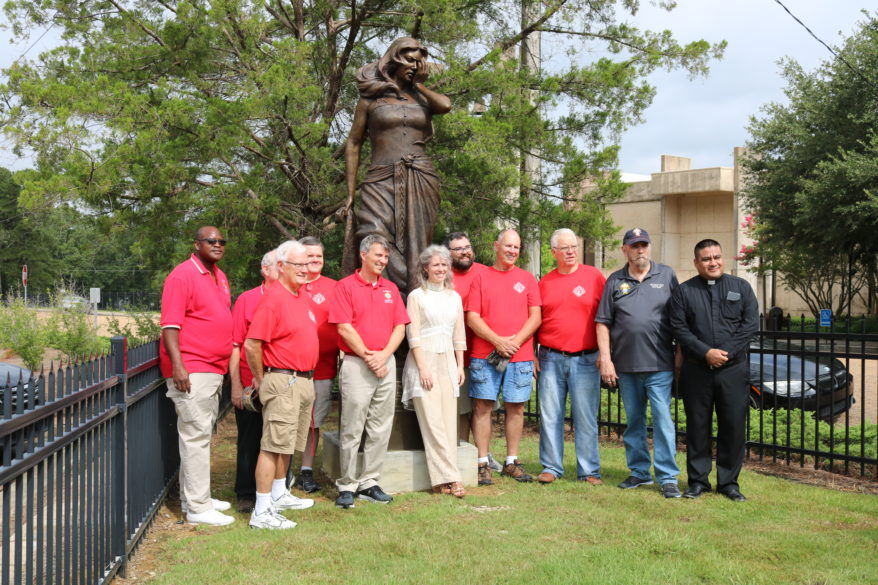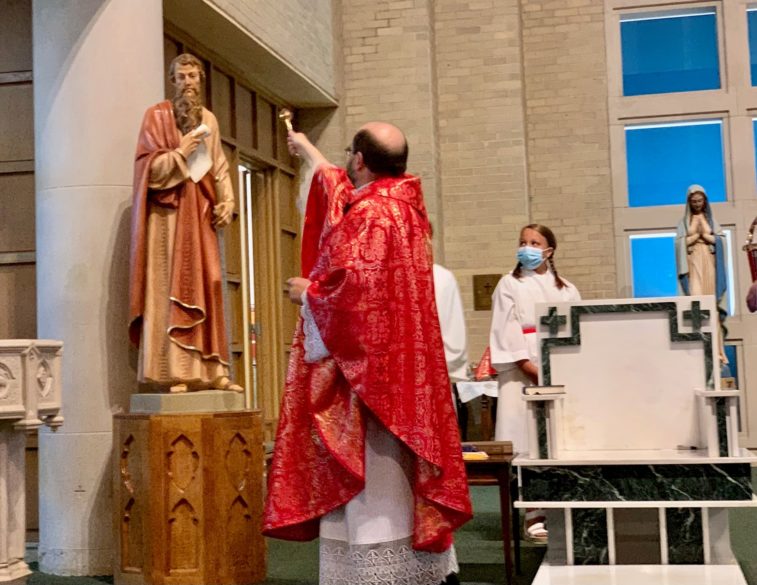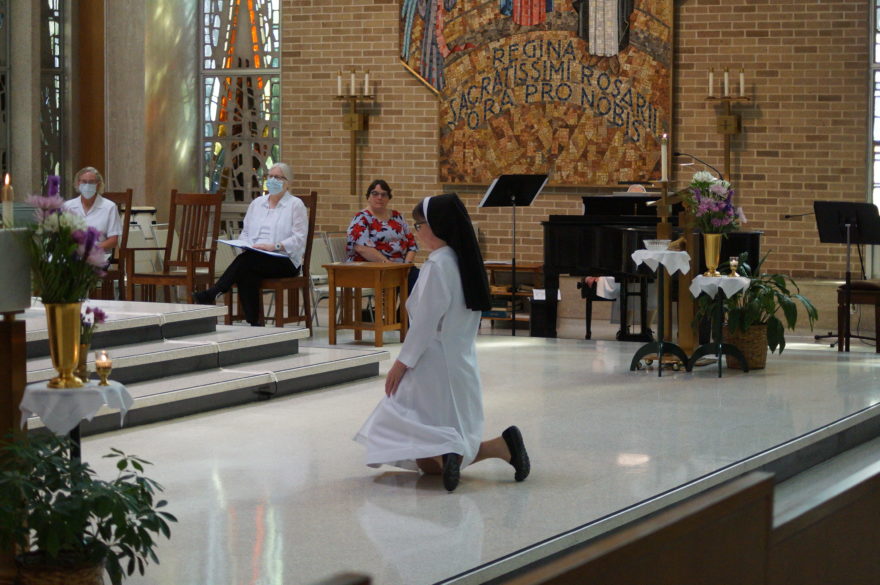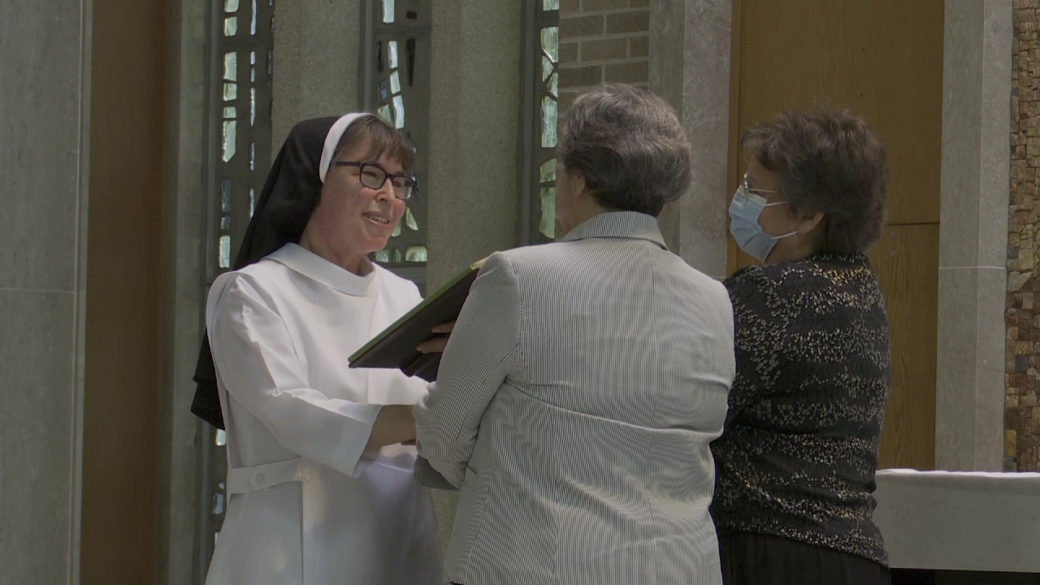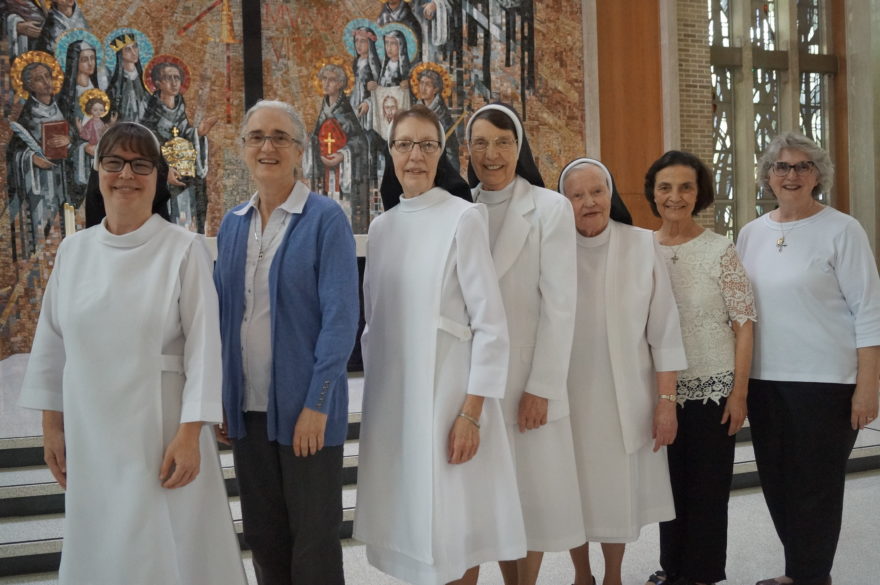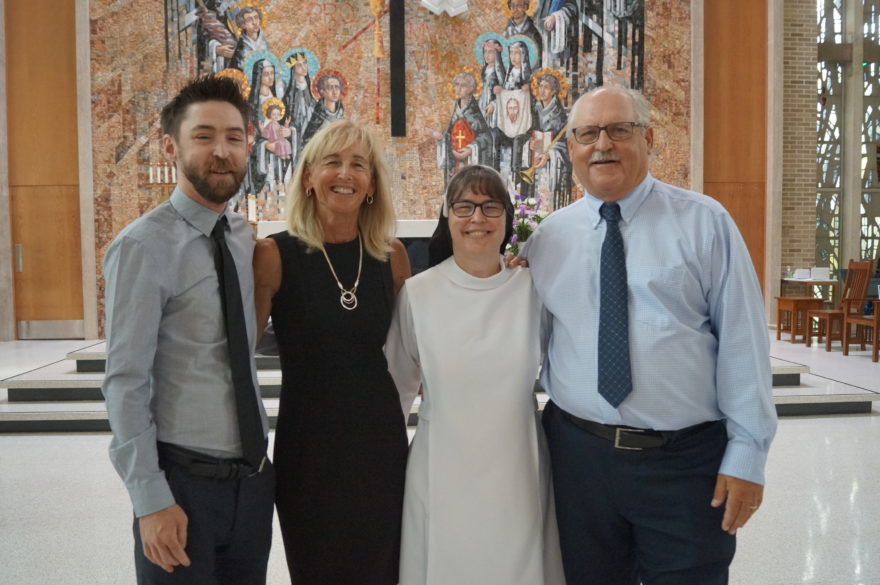Por Obispo Joseph R. Kopacz, D.D.
Queridos amigos en Cristo, debido a la pandemia, muchos eventos y programas diocesanos, parroquiales y escolares fueron cancelados, pospuestos o restringidos. Una de las víctimas a principios de este año fue la colecta parroquial en persona para la Apelación del Servicio Católico 2021.

En consecuencia, nuestra meta de $ 1,153,654 solo llega aproximadamente a $ 344,000. Con esto en consideración; este déficit está directamente relacionado con la cancelación de la recogida de donaciones personales en las bancas de la iglesia, debido a problemas de salud relacionados con la propagación del virus.
A medida que las contribuciones a la Campaña se redujeron a un goteo a principios del verano, yo y otros funcionarios diocesanos nos dimos cuenta que teníamos que hacer arreglos para, en un último empujón, superar el déficit, que seguramente tendrá un impacto negativo en nuestros ministerios.
El mejor enfoque sería realizar el proceso en las bancas parroquiales, como piedra angular de esta unidad de 11 horas, que ahora está programada para sábado y domingo, próximos 28 y 29 de agosto. Un retraso de siete meses no tiene precedentes en este paso crítico para el éxito de la colecta para el Servicio Católico, pero, de nuevo, estamos atravesando tiempos sin precedentes.
El llamamiento de ayuda para el Servicio Católico es un componente esencial de nuestro presupuesto diocesano anual, que financia aproximadamente el 20% de nuestros ministerios y programas. Para poner un rostro humano a esta diferencia, es bueno explicar que un déficit del 25% de $ 344,000 es la mayor parte de lo que cuesta educar a nuestros seis seminaristas para el próximo año académico. O puede ser ésta la mayor parte de la contribución anual a nuestras organizaciones benéficas católicas, y que cada año es un flujo de ingresos sin restricciones que se puede utilizar para las suplir las deficiencias en la programación.
Gran parte del trabajo de Caridades Católicas se realiza fuera del radar, muchas veces sin hacerse notar, pero estamos sirviendo a poblaciones vulnerables en todo el estado de Mississippi, y la gran mayoría de nuestras hermanas y hermanos a quienes empoderamos no son católicos. Hacemos el trabajo porque somos católicos, porque levantamos a las víctimas de la violencia doméstica, a los que sufren el yugo de las drogas y el alcohol, a los veteranos sin hogar que arriesgaron sus vidas, a los niños y jóvenes en hogares de acogida y adopción, en servicios a jóvenes afectados por problemas de salud mental y/o disfusión familiar, ayuda en caso de desastre, servicios de asesoramiento e inmigración, enriquecimiento académico para niños desatendidos y mucho más. A través de todos estos programas cumplimos con nuestra misión de ser un signo visible del amor de Cristo.
Oportunamente, estamos preocupados por el enorme déficit en la meta de este año, porque todos nuestros ministerios diocesanos que sirven al Señor dependen de su generosidad a través del llamamiento de servicio. La oficina de comunicación, incluida nuestra publicación católica de Mississippi, Formación de fe y evangelización, ministerio de jóvenes y universitario y más se verán afectados negativamente, a menos que podamos eliminar sustancial o totalmente este déficit.
Agradecemos a todos los que han contribuido hasta ahora al llamamiento de este año. Algunos incluso hicieron un esfuerzo adicional e hicieron una segunda contribución, al darse cuenta de que es posible que los donantes habituales no puedan contribuir debido a los reveses de la pandemia.
Actualmente, hemos perdido 1.470 donantes en el llamamiento de este año. Claramente, el aplazamiento del proceso en las bancas es el principal culpable.
Si usted puede contribuir en la undécima hora de la apelación de 2021, sepa que todos y cada uno de sus donativos serán una bendición. Ya sea que pueda aprovechar la oportunidad a través del proceso en persona, en las bancas el sábado y domingo 28 y 29 de agosto, por correo o donando en línea, tenga la seguridad de que apoyará a la misión de la Diócesis de Jackson de servir a los demás, a inspirar a los discípulos y abrazar la diversidad.
La hermana Thea Bowman estaría muy orgullosa de contemplar cada pequeña luz brillando juntas para convertirse en un faro de esperanza para todos los necesitados y para la gloria de Dios.

